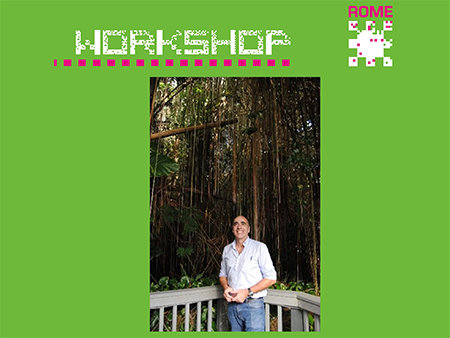On Saturday, November 5th, from 11:00 AM to 12:00 PM, the workshop “Space Techno-Ecology, Food, and Circularity for Survival” will take place at the Cinecittà studios in Rome. This event aims to explore the connection between humanity’s future possibilities and the integration of nature and technology.
Alberto Battistelli, a researcher at the National Research Council’s Institute of Research on Terrestrial Ecosystems (CNR-IRET), will discuss how plants will enable space missions, accompanying humanity’s journey beyond the Earth’s atmosphere to recreate an environment capable of sustaining life. During the event, topics such as the complexities of the biology-engineering interface and the need for technology to make traditional agricultural processes efficient, sustainable, and intelligent—even in space—will be explored. For long-term human missions, scientists are studying how to produce food and water in space, develop a life-sustaining atmosphere, and obtain essential molecules and materials for our well-being.
All of this is being tested on Earth and will need to be implemented in space with fully closed and controlled techno-ecosystems, as nature in space is inherently hostile to us. In such systems, plants play a central role, as they provide oxygen and pure water through gas exchanges and photosynthesis. Additionally, they fix CO2 and ensure the production of essential nutrients for survival. Higher plants, therefore, are fundamental to ensuring the circular use of resources. “Our survival in space,” says Battistelli, “depends on how effectively we can design these ‘circular technological ecosystems,’ select the most suitable plant species, and identify their optimal growth conditions. This is why we need to study their physiological functions, productive and regenerative performances. This is one of the research areas of the CNR and its international partners.”
Battistelli also highlights that the Italian Space Agency’s Rebus and Microx2 projects aim precisely to study how to produce essential nutrients for astronauts’ diets and efficiently recycle waste. “Colonizing Mars is still an ambitious dream,” Battistelli comments, “but the research we are conducting on circular technological ecosystems has much more tangible impacts. It is helping us acquire the scientific knowledge needed to improve terrestrial agriculture, making it more sustainable and resilient. This could be crucial in addressing the effects of climate change and the growing global population.”


